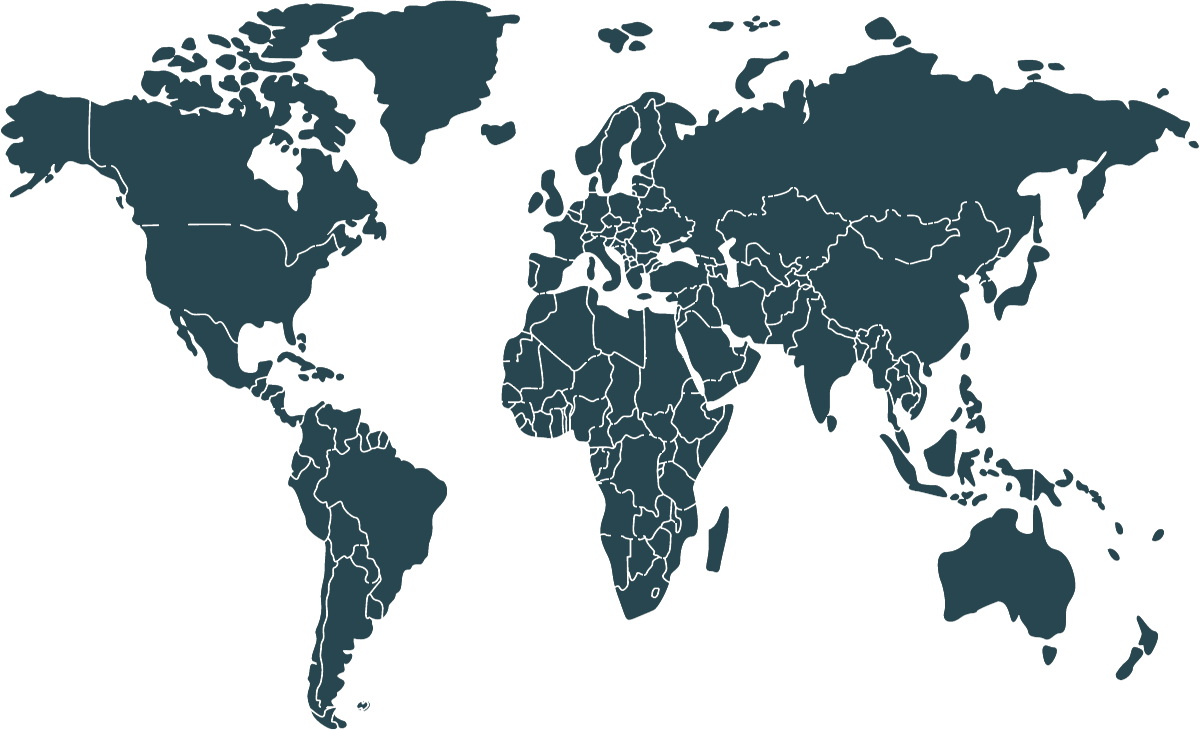*Since the date of this news item’s publication, the organization ‘The International REC Standard Foundation’ has changed to ‘The International Tracking Standard Foundation: Founder of I-REC (I-TRACK Foundation).’
The International REC Standard Foundation Board has approved Nicaragua for I-REC(E) issuance with GCC (the Green Certificate company) as the Issuer. Nicaragua’s approval came after a country report was submitted to the Board detailing its renewable electricity outlook and prospects for certification considering the focus on renewable energy policy among the national authorities. The report is available on the country page.
Issuer: GCC
GCC certifies renewable energy generation around the world. The I-REC Standard Foundation often approves GCC as the default Issuer of I-REC(E) in the case no other suitable local Issuer can be identified. GCC will be released from their position as the default Issuer if a suitable local alternative is identified.
Nicaragua
Nicaragua is situated in Central America; bordered by Costa Rica and Honduras.
The Central American countries Guatemala, Honduras, El Salvador, Nicaragua, Costa Rica, and Panama share a regional market called Mercado Eléctrico Regional (MER). Governed by a supra-national commission (CRIE) and administered by an independent operator (Ente Operador Regional, EOR), the MER is used by these countries for import/export energy transactions. They are integrally connected through SIEPAC.
In Nicaragua the National Interconnected System (SIN) covers more than 98% of the national installed capacity, with more than 85% privately owned power plants. The regional interconnection line SIEPAC passes through the country and serves for regional transactions. The country generated electricity 31% from fossil thermal sources, 21% from biomass, 17% from geothermal, wind 16%, hydro 14% and less than 1% from solar PV in 2021.
The Nicaraguan market involves different players with the National Electricity Institute (INE) acting as the market regulator and three core business segments classified as follows:
- Generators: companies that produce energy exclusively to be sold to the wholesale electricity market, and companies that produce electricity for their own consumption.
- Transmission: there is one government owned transmission agent, Empresa Nacional de Transmisión Eléctrica (ENATREL), responsible for the operation, maintenance, and planning of the entire transmission system.
- Distribution: there is 1 regulated utility company (Disnorte/Dissur) that is privately owned with state participation (less than 10%).
Utility Power Purchase Agreements (PPAs) are assigned through bilateral private negotiations held by Disnorte/Dissur and generators. Large consumers (over 1 MW of installed capacity) are allowed to have PPAs with generators.
Currently, there is no EAC system operating or planned in the country. The I-REC Standard will be implemented to operate without restrictions.
